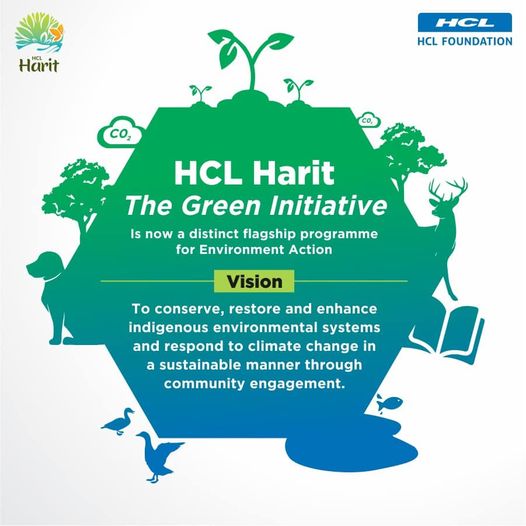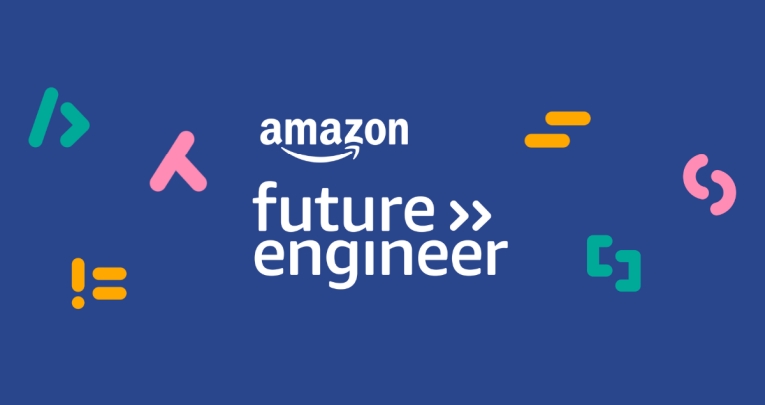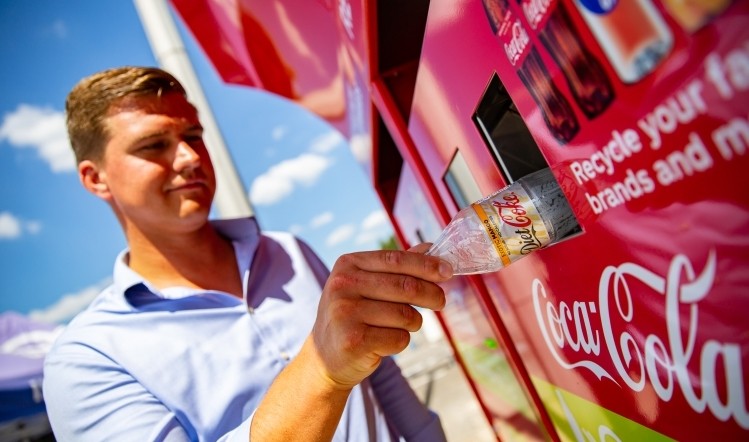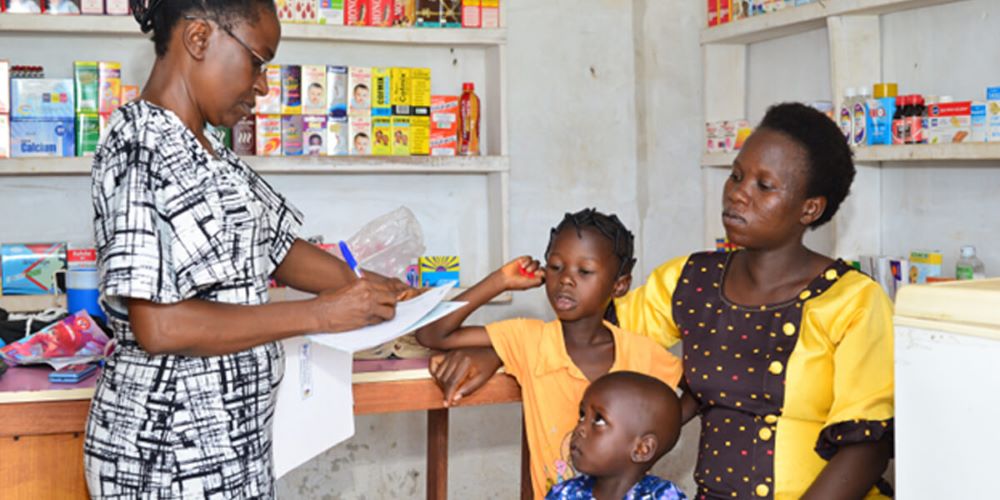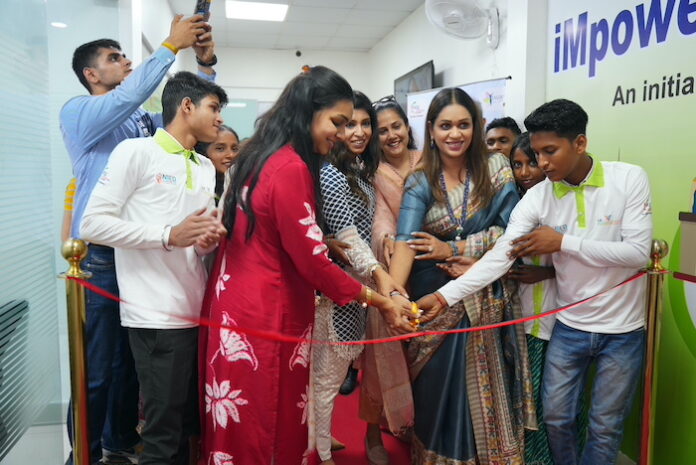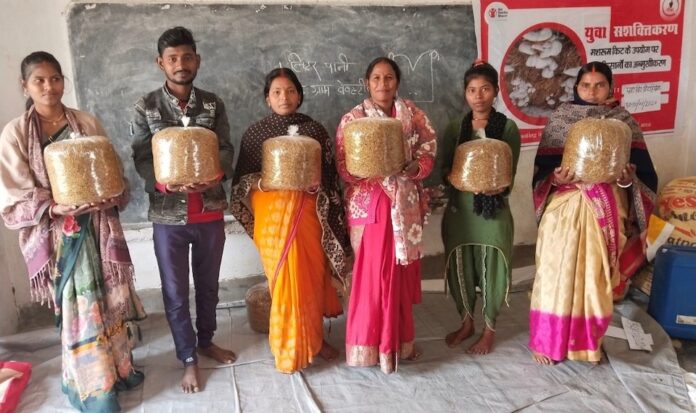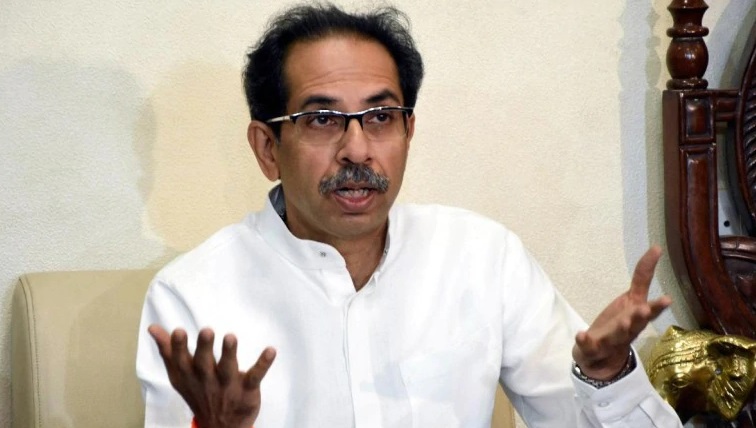Kashmir Realizes the Faizal and Shabana Foundation’s Vision: A Groundbreaking Leap in Education
In a significant development for the education sector, the Faizal and Shabana Foundation has extended its transformative ‘Nadakkavu model’ to Kashmir. With the visionary goal of ‘Giving to Create Impact,’ the foundation continues its commitment to enhancing educational standards. The inauguration of the Government Girls’ Higher Secondary School (GGHSS) in Kothi Bagh, Srinagar, on July 10 marks a milestone in this endeavor. This initiative builds on the foundation’s successful collaboration with the Government Vocational Higher Secondary School (GHSS) for Girls in Nadakkavu, Kozhikode, Kerala, which began in 2013 under Project PRISM, elevating the Nadakkavu school to national prominence.
The latest project in Kashmir is part of a memorandum of understanding signed between the Jammu and Kashmir government and the Kozhikode-based foundation. The agreement aims to replicate the Nadakkavu model across government schools in the state, ushering in a new era of modernization and excellence. The inauguration event was attended by several dignitaries, including Mr. K. E. Faizal, Chairman of KEF Holdings and Co-Founder and Director of the Faizal and Shabana Foundation, Mrs. Shabana Faizal, Vice-Chairperson of KEF Holdings and Co-Founder and Director of the Faizal and Shabana Foundation, and Mr. Zach Faizal, founder of Peec Mobility. High-profile officials such as Mr. Vijay Kumar Bhidhuri, IAS, Divisional Commissioner of Kashmir; Mr. Bilal Mohi ud Din Bhat, IAS, Deputy Commissioner of Srinagar; and Mr. Tassaduq Hussain Mir, JKAS, Director of School Education Kashmir, also graced the occasion.
Mr. K. E. Faizal expressed his excitement about the project, stating, “Our mission has always been to create impactful, sustainable change through education. The success of the Nadakkavu model in Kerala has inspired us to extend our efforts to Kashmir, where we believe we can make a significant difference in the lives of many students. We are committed to providing quality education and fostering a brighter future for all.”
The Nadakkavu model, which elevated GHSS Nadakkavu to one of India’s top-ranked public schools, is set to replicate similar success at GGHSS Kothi Bagh. The school’s strategic location near Dal Lake and Lal Chowk, coupled with its rich history of academic excellence and notable alumni, positions it as an ideal candidate for this transformative endeavor.
Since its establishment in 2007, the Faizal and Shabana Foundation has been steadfast in its vision of ‘Giving to Create Impact.’ The foundation recognizes that sustainable programs and positive interventions are crucial for empowering individuals and communities. Their mission is to act as a catalyst, fostering a more equitable, happier, and better tomorrow for generations to come. Over the past decade, the foundation has launched numerous sustainable initiatives and collaborated with various programs across India and the Middle East, significantly impacting lives and communities across sectors.
In education and youth intervention, the foundation provides resources and opportunities that empower the younger generation. Their efforts in regenerative sustainable development promote environmentally friendly practices, ensuring a healthier planet for future generations. Healthcare and wellness support represent another critical area, offering services and programs to enhance overall community health. During times of crisis, their humanitarian aid and assistance programs provide essential support to those in need. Community outreach initiatives engage with local communities, providing necessary resources and fostering unity and collaboration. Additionally, the foundation’s commitment to art and culture development helps preserve cultural heritage and encourages creativity through various programs and events.
The success of the Nadakkavu school has inspired the state government to reinvest in public education through the Pothuvidyabhyasa Yagnyam Mission. This mission aims to restore public trust in government schools and provide free education, echoing the foundation’s commitment to educational excellence. The Faizal & Shabana Foundation’s efforts extend beyond transforming a single school; they set a precedent for the future of public education, showcasing the profound impact of their educational initiatives.
The foundation now sets its sights on extending this transformative vision to Kashmir. Their latest project focuses on the Government Girls’ Higher Secondary School (GGHSS) in Kothi Bagh, Srinagar. Established near Dal Lake and Lal Chowk, GGHSS began as a middle school for girls in 1954, evolved into a high school in 1961, and further progressed to a higher secondary school in 1974. Historically renowned for academic excellence and vibrant extracurricular activities, the school has produced notable alumni, including doctors, engineers, writers, and politicians. GGHSS stands as a beacon of empowerment and women’s education in the Kashmir region.
This partnership represents a significant stride toward enhancing educational standards and opportunities for students in Kashmir, exemplifying the Faizal and Shabana Foundation’s commitment to creating impactful, sustainable change in education.
Disclaimer: This media release is auto-generated. The CSR Journal is not responsible for the content.
CSR: Road Safety Convention hosted in Lucknow, Uttar Pradesh
Lucknow, India: In a steadfast commitment to instill road safety awareness, Honda Motorcycle and Scooter India has organized a Road Safety Convention with school principals in Lucknow, Uttar Pradesh as a part of their ongoing project- Mindset Development for our Future Generation.
The convention saw active participation from over 150 School Principals and teachers including private and government schools in Lucknow.
The convention witnessed the presence of esteemed chief guests, Shri Pradeep Singh (Joint Director for Education, Lucknow Mandal), Shri Rakesh Kumar (District Inspector of School, Lucknow), Smt. Manisha Dwivedi (Assistant District Inspector of School, Lucknow), Mr. Jai Shankar Srivastava (Assistant District Inspector of School, Lucknow) and Shri. Prabhu Nagaraj (Operating Officer, Corporate Affairs, Honda Motorcycle & Scooter India) along with other dignitaries from Honda Motorcycle and Scooter India (HMSI).
The current Indian traffic scenario showcases the need of discipline among road users. One of the major causes of traffic collision is the approach and mindset towards the road. Widespread disregard for traffic rules is one of the major factors in road accidents. Keeping this in mind, the primary objective of the convention was to showcase the innovative concept of Mindset Development for kids, with a focus on expanding the reach of road safety education to all students through training facilitated by schoolteachers.
With a unique focus on changing children’s mindset towards road safety from an early age, HMSI believes that proper education can have a positive influence not only on children but also on their parents. Anchored by HMSI’s global safety slogan ‘Safety for Everyone’, the company has curated three learning modules age wise to guide the young population develop a disciplined mindset, thereby making a substantial contribution in fostering a safer society.
During the convention, HMSI urged all school authorities to utilize the three learning modules, emphasizing need for collaboration to expand the benefits of this program to all students. The company invited schools to join hands, supporting the mission and working towards creating a brighter, safer future for India.
HMSI has successfully conducted 4 Road Safety conventions across the country during which it has trained over 800 school principals and teachers from more than 400 schools. These conventions have benefitted more than 1.8 lakh students, equipping them with vital road safety knowledge and practices. Building on this success, we are excited to expand our efforts with 10 more conventions planned for this financial year. Our goal is to cover 5 lakh students, ensuring that young individuals receive crucial road safety education.
The company is steadfast in its commitment to make the roads safer for everyone by nurturing a culture of vigilance and responsibility.
Honda Motorcycle & Scooter India’s CSR commitment towards Road Safety:
In 2021, Honda globally made a vision statement for the year 2050 where it will strive for zero traffic collision fatalities involving Honda motorcycles and automobiles. In India HMSI is working in line with this vision and the Government of India direction of reducing fatalities to half by 2030.
HMSI wants to be a company that Society wants to exist and is strongly focusing on Road safety awareness to all sections of society with unique ideas catering to each segment from school kids to Corporates and society at large.
One critical aspect of achieving this goal is inculcating a positive mindset towards road safety in our children by the year 2030 and continuing to educate them thereafter. Road safety education at schools and colleges is not only to create awareness but to inculcate a safety culture in young minds and turn them to be the safety ambassador. It empowers future generations to become responsible and significantly contribute to a safer society.
HMSI’s skilled safety instructors conduct daily programs at our 10 adopted traffic training parks (TTP) across India and 6 Safety Driving Education Centers (SDEC) to make road safety education accessible to every part of society, and the initiative has already reached over 7.5 million Indians. HMSI’s National Road Safety Awareness program made learning fun yet scientific through:
SCIENTIFICALLY DEVISED LEARNING MODULE: Honda’s skilled instructors set the foundation with theory sessions on road signs & markings, driver’s duties on road, riding gear & posture explanation and safe riding etiquettes.
1. PRACTICAL LEARNING: A special training activity on Honda’s virtual riding simulator was executed for all to experience over 100 possible dangers on road before actual riding.
2. INTERACTIVE SESSION: Participants were given danger prediction training known as Kiken Yosoku Training (KYT) which helps in enhancing rider/driver’s sensitivity to danger and ensures safe driving behaviour on roads.
3. EXISTING DRIVERS HONING RIDING SKILLS: Students & school staff members who are already existing riders tested & honed their riding skills through slow riding activities and riding on narrow planks.
Disclaimer: This media release is auto-generated. The CSR Journal is not responsible for the content.
CSR: Second phase of Project LEAD initiative launched across India
New Delhi, India: CASE Construction Equipment, a brand of CNH, has introduced the second leg of its LEAD (Livelihoods and Entrepreneurship Awareness Development) project across cities in India to promote rural entrepreneurship and economic empowerment. By equipping rural youth with entrepreneurial skills, the initiative aims to decrease urban migration while simultaneously promoting reverse migration. The project focuses on creating awareness about subsidiary income generation avenues in the agriculture and infrastructure sectors through training programs conducted via a mobile training center van.
The LEAD 2.0 initiative, launched from Faridabad, builds on the success of its initial phase by targeting the youth in an additional 1500 villages located in Uttar Pradesh, Rajasthan, Haryana, Odisha, Bhubaneswar, and Jharkhand. The second edition aims to educate young talent on essential sectors for rural development, encompassing modern farming techniques and sustainable practices in agriculture, rural industries like poultry, dairy, beekeeping, and fisheries, as well as rural infrastructure with a focus on road construction and irrigation. By imparting knowledge and skills in these areas, the LEAD 2.0 initiative aims to empower regional youth, helping them to create subsidiary income generation avenues, thereby addressing the challenges of unemployment and economic disparity in rural areas and fostering a more balanced economic development and promoting self-reliance among the rural population.
Launching the LEAD 2.0 initiative, Emre Karazli, Vice President Construction Segment, APAC & AME said, “At CASE, we support inclusive growth and recognize the vital role that rural entrepreneurship plays in fostering comprehensive economic development. With LEAD 2.0, we reaffirm our commitment to giving the nation’s youngsters in rural areas the resources and opportunities they need to participate in the expanding economy.”
Speaking about the project, Shalabh Chaturvedi, Managing Director, CASE Construction Equipment – India & SAARC said, “Aligning with India’s vision of ‘Aatmanirbhar Bharat’, CASE has taken a significant step in enhancing the skills of rural youth by connecting them with opportunities and raising awareness. This initiative not only educates individuals in rural areas but also contributes towards socio-economic development in these regions. Through LEAD 2.0, our goal is to address unemployment, bridging the skill gap within the relevant sectors, where there is a high demand for skilled labour.”
The initial phase, LEAD 1.0, made a significant impact across 5 states and 1 union territory, encompassing 38 districts and reaching 3,113 villages. With an audience footfall of 61,981, the project saw 36,381 participants actively engaging in presentations. This widespread participation underscores the project’s success in empowering rural communities and highlights the necessity of continuing and expanding the initiative.
In response to the challenges of unemployment and economic disparity in rural areas, CASE is committed to fostering rural entrepreneurship in India. By collaborating with local partners and stakeholders, the company aims to implement innovative solutions that address these issues and are tailored to the unique needs of each region.
CASE offers a comprehensive range of construction equipment in the country and is a leader in the Vibratory Compactor segment. The company’s state-of-the-art manufacturing facility in Pithampur, Madhya Pradesh, produces Made-in-India products for both domestic use and export to over 100 markets worldwide.
Disclaimer: This media release is auto-generated. The CSR Journal is not responsible for the content.
CSR: ‘Automotive Skill Labs’ initiative nurtures students with future-ready skills
Mumbai, India: Reaffirming its commitment to nurturing talent and creating a skilled workforce for the automotive industry, Tata Motors’ in collaboration with Navodaya Vidyalaya Samiti (NVS) has established dedicated ‘Automotive Skill Labs’ at Jawahar Navodaya Vidyalayas (JNVs). To date, 25 labs, fully equipped with essential tools, have been set up across select JNVs in Maharashtra, Karnataka, Gujarat, Jharkhand, West Bengal, Uttar Pradesh, and Uttarakhand. This unique industry-academic joint initiative equips approximately 4000 students annually with practical automotive skills, with 30% of students enrolled being girls.
Aligned with the vocational courses envisioned in the ‘National Education Policy 2020’, Tata Motors’ ‘Automotive Skill Labs’ focuses on providing secondary and senior secondary students (studying in 9th to 12th standard) with essential subject knowledge, hands-on skills, and valuable industry exposure—all within the school premises. Additionally, students can visit Tata Motors’ plants, interact with service and dealership professionals, and attend lectures by industry experts to gain real-world experience and deepen their knowledge. Furthermore, instructors teaching at these labs are provided with the necessary training at the company’s plant locations. A testament to this immersive learning experience is an E-Rickshaw constructed by the students at the Skill Lab in Pune.
Upon successful completion of the programme, students receive joint certificates from Tata Motors and NVS. Post-schooling, the students can opt for a Diploma in Manufacturing Technology, including a full stipend and on-the-job training at Tata Motors’ manufacturing facilities. Alternatively, those interested in continuing with Tata Motors can pursue a BTech in engineering—a 3.5-year executive education programme in collaboration with select engineering institutes—leading to permanent employment after five years.
Emphasizing the commitment to enriching the lives of youth and bridging the skills gap in the automotive industry, Vinod Kulkarni, CSR Head, Tata Motors, said, “Our Automotive Skill Labs empowers youngsters from the underserved communities with employable skills, relevant for the evolving automotive sector in India. It creates pathways for students in grades 9th – 12th to pursue higher education and secure employment opportunities. Contributing to the ‘Skill India Mission’, this programme instills innovative thinking, entrepreneurial spirit, analytical mindset and critical communication skills amongst the students. The response from girl students has strengthened our commitment to empower future leaders who will contribute to India’s prominence on the global stage as envisioned by Viksit Bharat @2047.”
In 2023, over 1,600 students from this programme participated in the National Automobile Olympiad organised by the Automotive Skill Development Council (ASDC), out of which 17 succeeded in reaching the second stage of the competition.

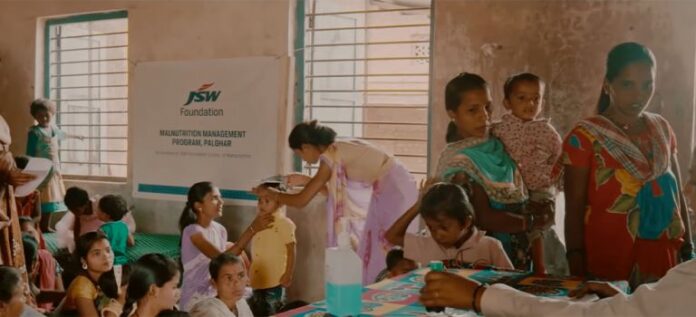

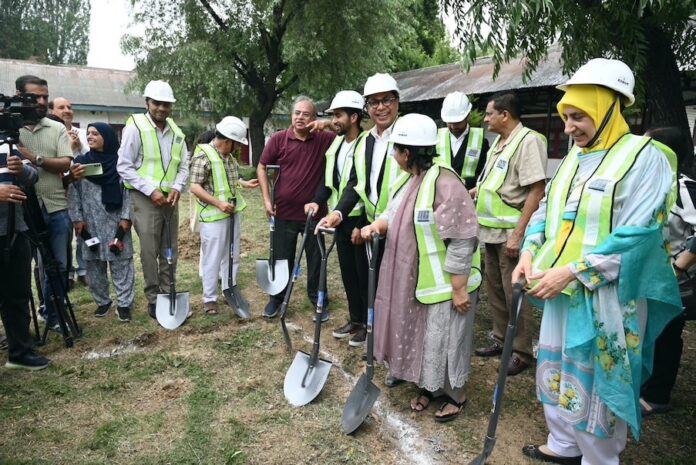
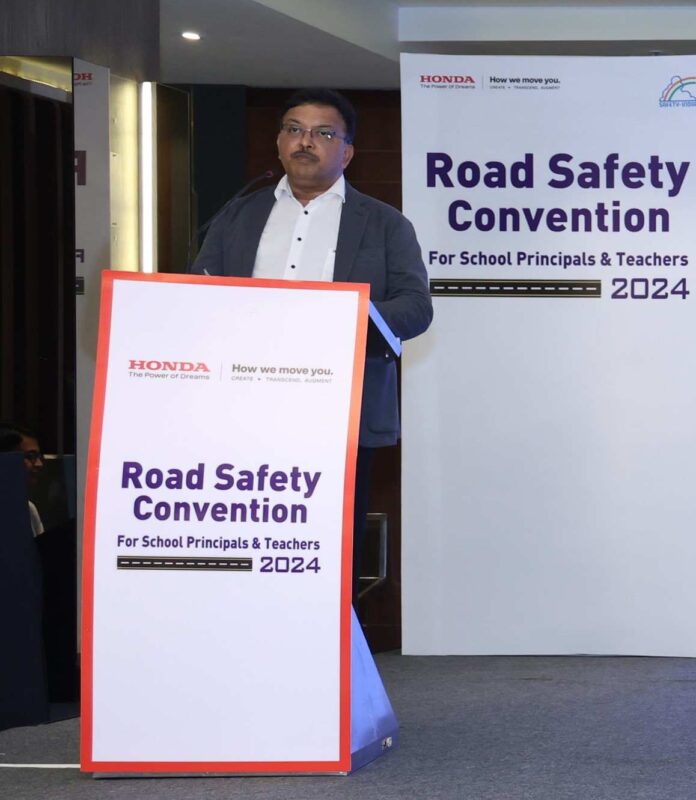
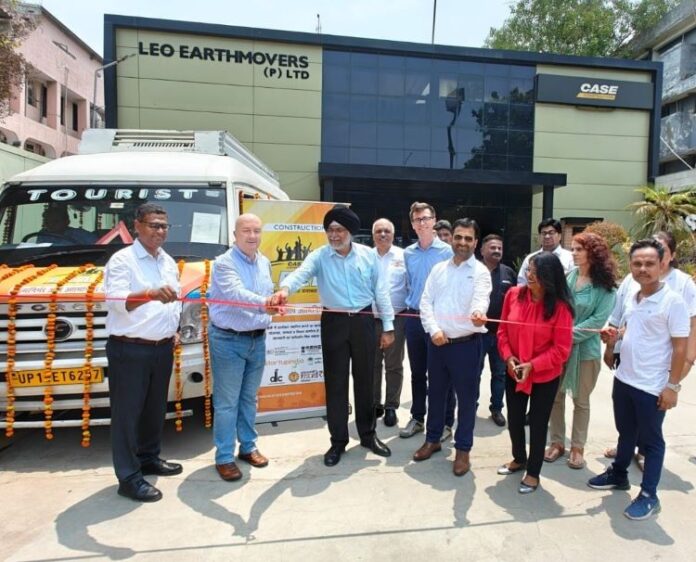
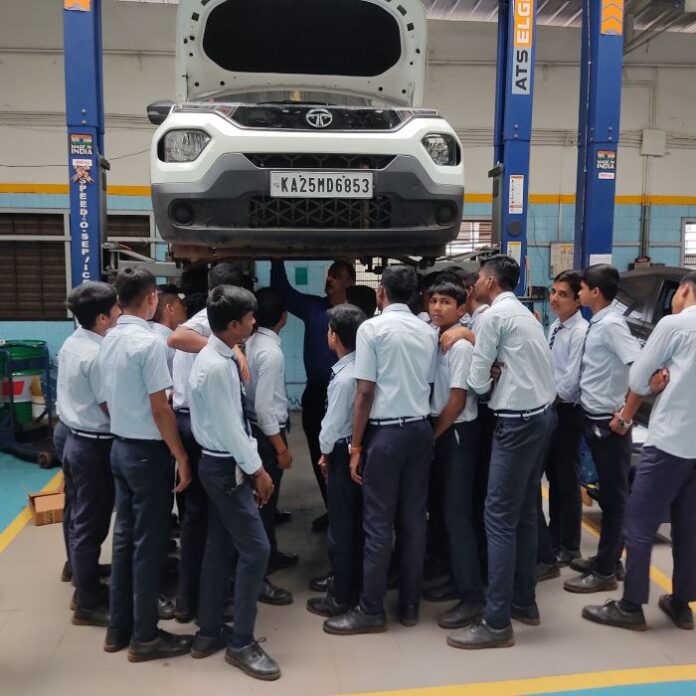

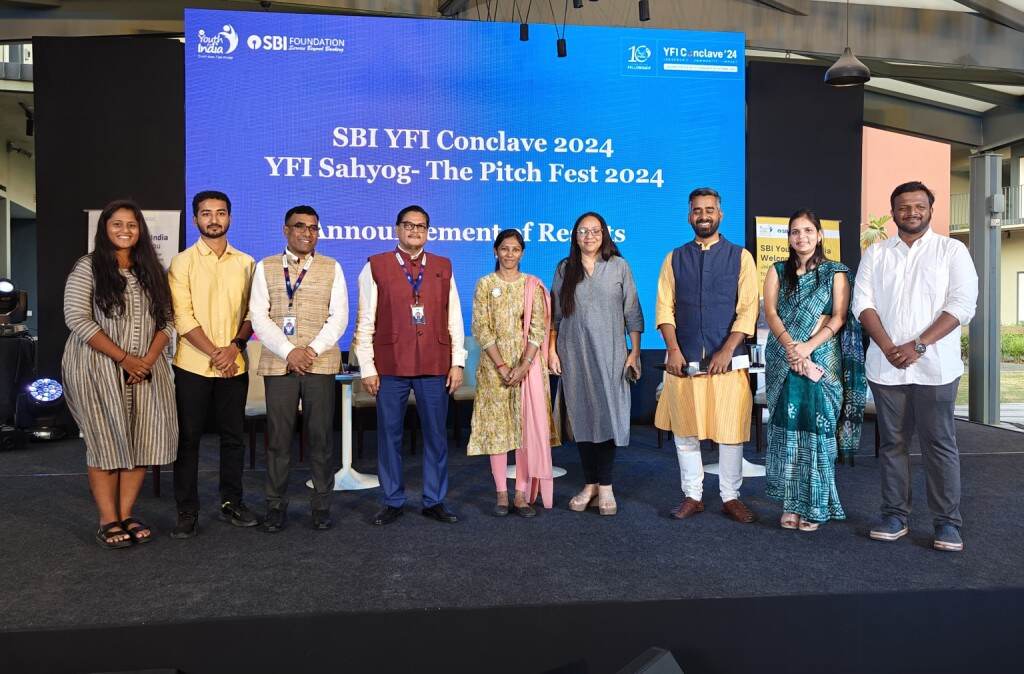
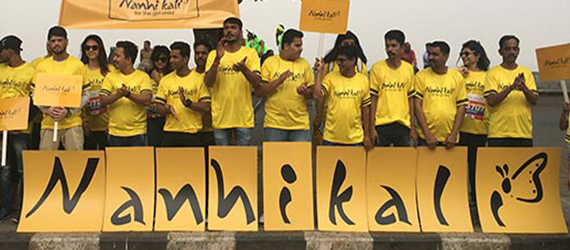
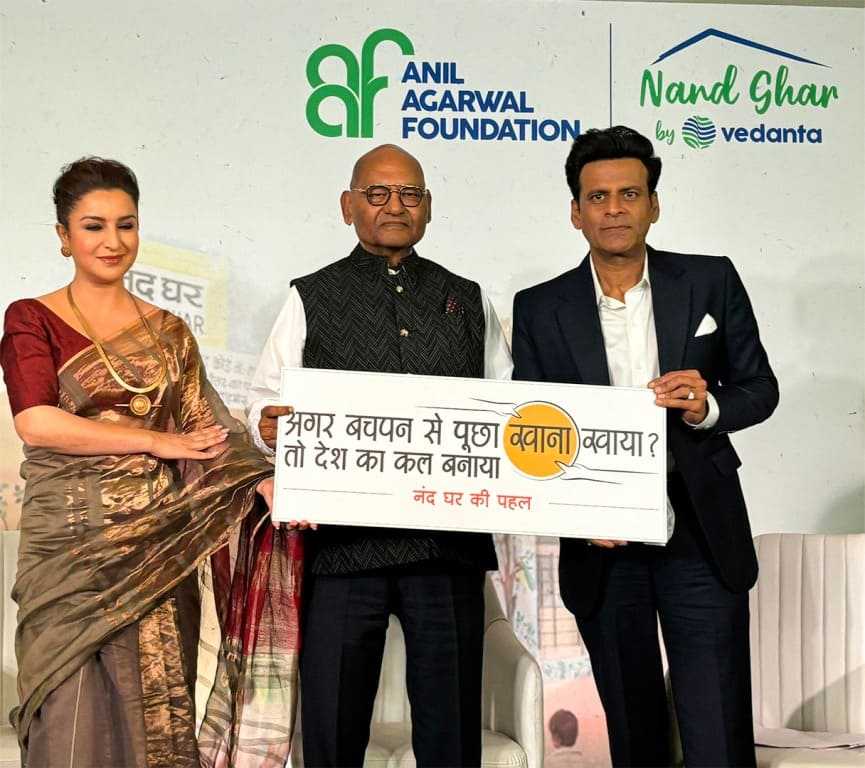
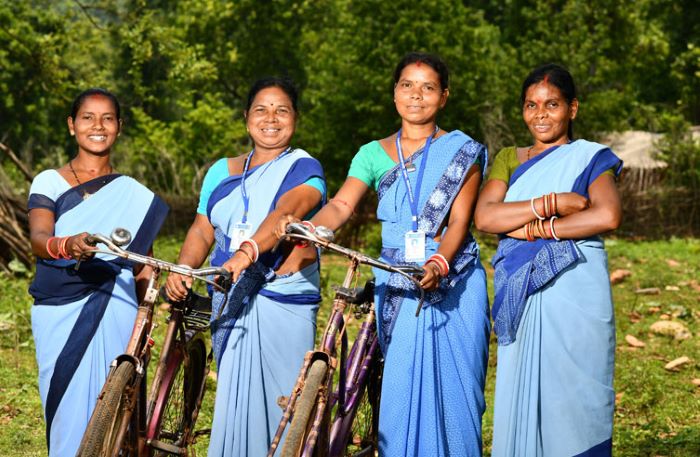
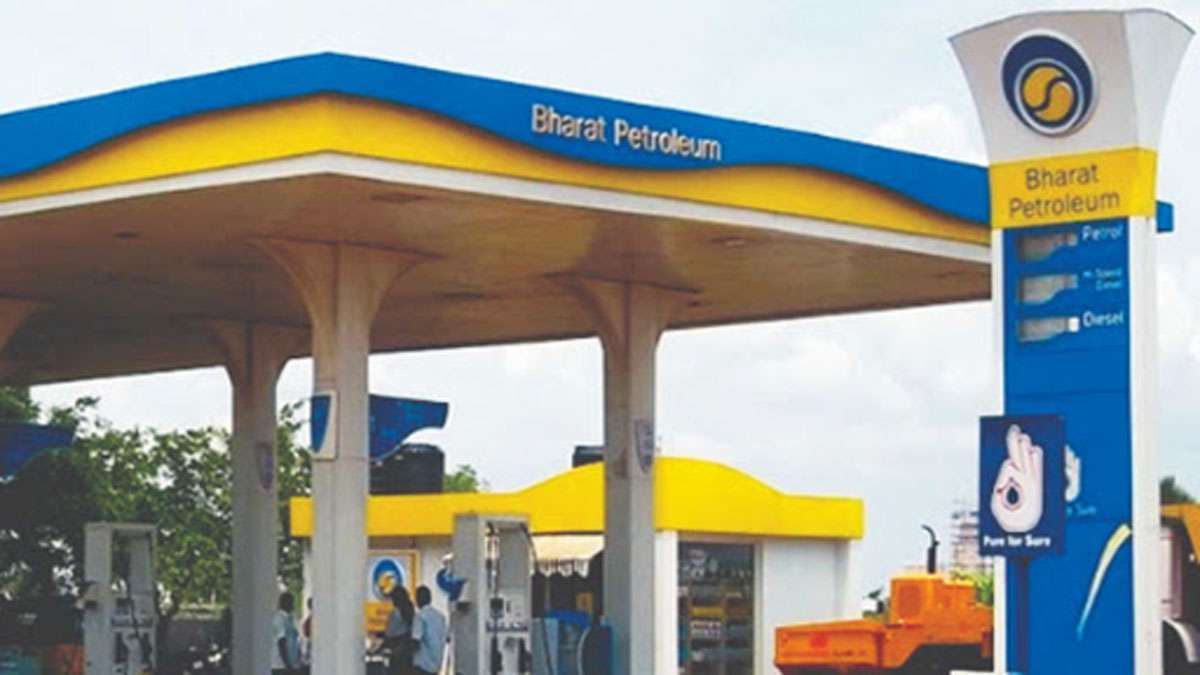 Integrated Cancer Care and Cure – BPCL
Integrated Cancer Care and Cure – BPCL